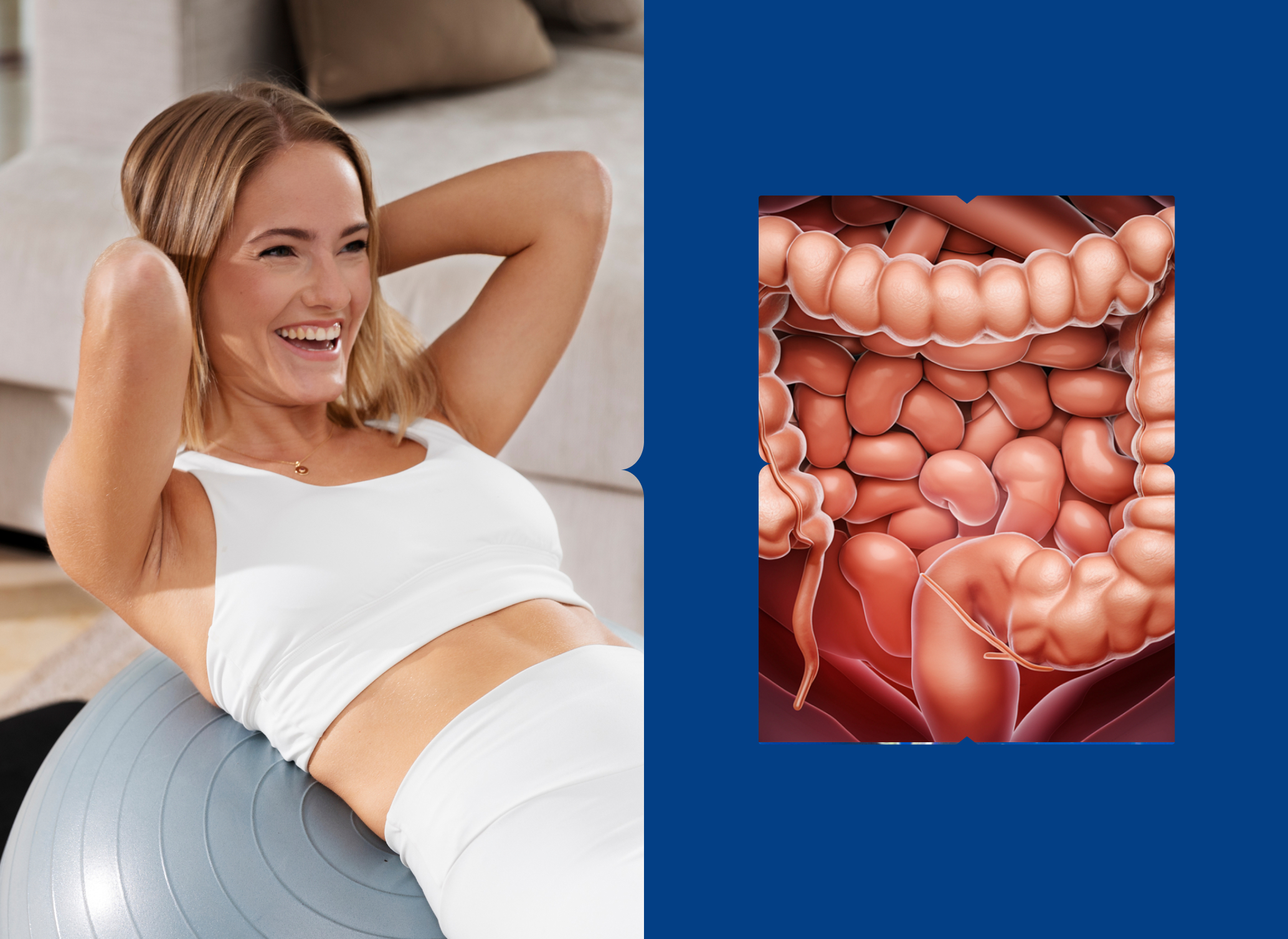Two Days Before Your Colonoscopy
Follow a clear liquid diet two days prior and avoid solid foods to ensure your colon is empty for a thorough examination. This includes consuming clear broths, clear juices like apple or white grape, plain water, and popsicles [2. 5, 6].
On the night before the procedure, avoid eating or drinking anything, including water, after midnight [6].
Begin Your Laxative Prep
You’ll have to take laxatives two days before your colonoscopy. This is crucial for cleansing your bowels before the procedure. If you’re choosing between colonoscopy prep pills vs. liquid, consult your doctor to determine the best option for you [6].

Post Colonoscopy Diet
After your colonoscopy, eat soft and easy-to-digest foods such as mashed potatoes, white fish, applesauce, gelatin, soft fruits, and cooked vegetables [7].
Using a Stool Test Kit: Why It Matters
Before scheduling a colonoscopy, consider using a stool test kit like Diagnox’s Colonox fecal immunochemical test (FIT). This at-home test helps detect any lower gastrointestinal bleeding, which could indicate conditions like fissures, polyps, hemorrhoids, or cancer. Early detection can help you and your doctor address potential issues before a colonoscopy [8] [9].

Prepare for Colonoscopy with Colonox FIT
Following the 1-week colonoscopy diet sheet can simplify your preparation and ensure accurate results. Stick to low-fiber foods, stay hydrated, and avoid anything that could interfere with the procedure.
For your peace of mind, use a stool test kit like Diagnox’s Colonox FIT to detect issues early from the comfort of your home. Be fully prepared — order Colonox FIT today and take charge of your gut health.

Frequently Asked Questions
Still have questions? Here are some common concerns about colonoscopy preparation and at-home testing:
Why is a low-fiber diet recommended before a colonoscopy?
A low-fiber diet helps reduce the amount of waste in your colon, making it easier for the doctor to get a clear view during the procedure. It minimizes residue and ensures that the bowel is properly cleaned out.
Can I drink water during the clear liquid diet phase?
Yes, staying hydrated is crucial. During the clear liquid diet phase (typically the day before your colonoscopy), you can drink water, broth, clear juices, and other transparent liquids, but avoid any drinks with artificial coloring.
How can at-home testing like the Colonox FIT kit help before a colonoscopy?
The Colonox FIT kit helps detect hidden blood in your stool, which could indicate potential issues in your gastrointestinal tract. It’s a useful tool for identifying concerns early, giving you and your doctor valuable information before undergoing a colonoscopy.





.webp)








